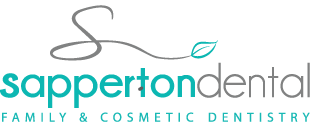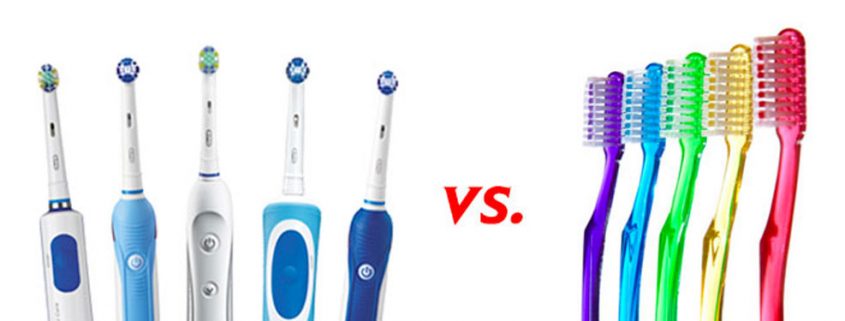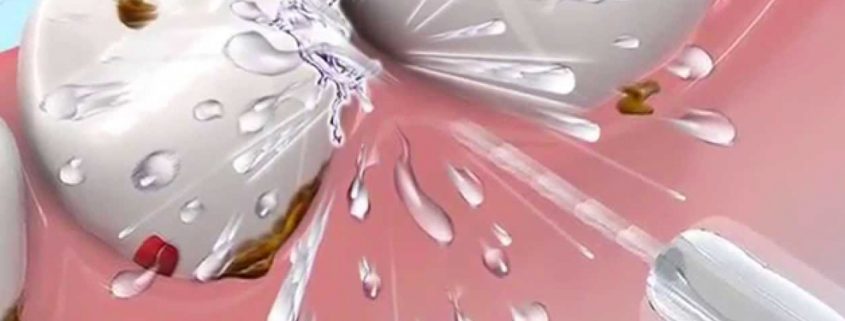Why Dentists Recommend Electric Toothbrush Over a Manual Toothbrush
Many patients don’t realize just how important it is to use the right toothbrush. They typically rely on the sample they get after their 6-month dental visit or pick up a cheap option at their local grocery store. To them, all toothbrushes are basically the same, and they don’t see a reason to invest in an electric version.
While using a manual brush is, of course, better than nothing, many dentists in New Westminster, BC want their patients to make the switch to electric. These brushes help ensure patients get their mouths as clean as possible—reducing their cavity risk and the likelihood they’ll develop gingivitis.
Either kind of brush is fine, but you are more likely to spend the right amount of time brushing—two to three minutes—when youre using an electric toothbrush, says Dr. Sandeep Sachdeva, a dentist at Sapperton Dental in New Westmisnter, BC. (Manual brushers average less than one minute.)
The Key to a Lifelong, Healthy Smile
New Westminster Dentists agree that regular tooth brushing (no matter how high tech or low tech the gadget) and flossing can help prevent tooth decay.
As a general rule, our New Westminster dental clinic recommends that children up to age 7 have adult supervision while brushing. This is to make sure kids completely clean all surfaces of their teeth, even hard-to-reach places where plaque often accumulates, such as the back molars or the lower bottom teeth next to the tongue.
The CDA has more suggestions for parents to help their kids develop good dental habits:
- Take your child to see the dentist regularly. Schedule a visit to the dentist within six months of the eruption of the first tooth and no later than the child’s first birthday.
- Encourage children to drink from a cup by their first birthday.
- Start brushing the child’s teeth with water as soon as the first tooth appears. A pea-sized amount of toothpaste can be used after age 2, when the child can spit it out.
- Watch how your child eats. It’s better to eat regular meals and fewer sugary snacks.
- Make certain your child gets the right amount of fluoride needed for decay-resistant teeth. Ask your dentist how this can be done.
- Ask your dentist about dental sealant, a thin protective barrier that shields the chewing surface of back teeth from tooth decay.
Whichever you use, choose one with soft bristles. Others may be too abrasive and could lead to receding gums. No matter what kind of brush you choose, be sure to floss daily.
What causes receding gums, and what can be done about them?

Overzealous toothbrushing. Brushing too hard around the gum line, or just brushing with bristles that are too hard, can erode gums.
There are 2 main causes:
- Teeth grinding (a.k.a. bruxism). Some people grind so hard that the pressure accelerates gum erosion. In many cases, your dentist can shave down a tooth that is causing your bite to hit against another tooth. In other cases, you may need to get a customized mouth guard to wear at night (when most grinding and clenching occurs) to prevent further damage.
- Gum disease. This is an infection of the gums that occurs when bacteria become lodged between the tooth and the gum. The bacteria eventually eat away at the bone and the supporting tissues at the base of the tooth. As the bone recedes, so does the surrounding gum tissue.
What to do? Depending on the cause and the severity of the problem, a dentist may recommend anything from a deep cleaning of the teeth and gums to a gum graft, a procedure in which tissue is taken from the top of the mouth and grafted onto the gums, where it takes hold over the course of four to six weeks.
What is the best kind of toothpaste to use?

At a minimum, purchase a toothpaste that carries the Canadian Dental Association (CDA) seal of acceptance, which means that it has been independently tested, lives up to any label claims, and contains fluoride, a mineral that keeps tooth enamel strong and prevents tooth decay.
If you have sensitive teeth, toothpaste labeled for this can help lessen pain. These products contain minerals, like strontium chloride and potassium nitrate, that block the tiny tubules in teeth that lead to the nerves. You generally need to use the toothpaste for several weeks to feel an improvement, as the mineral needs to accumulate over time.
If your dentist says you have excess tartar (which can lead to tooth decay), look for a tartar-control toothpaste containing pyrophosphate, which can help reduce the buildup. Some new formulas boast the antibacterial ingredient triclosan, which is often found in liquid hand washes and can help cut down on gingivitis, tartar buildup, and bad breath, according to the CDA.
If your teeth look dingy, toothpaste marketed as “whitening” can help brighten your smile. These paste usually contain tiny crystals or mild chemicals that loosen debris and remove minor stains. Those with baking soda work in the same way.


